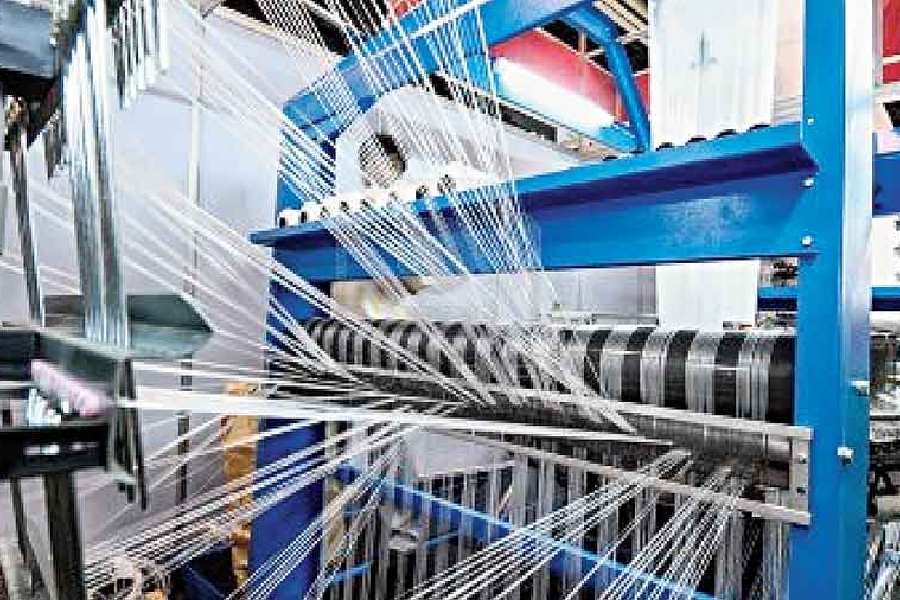The government is considering an expansion of the production linked incentive (PLI) scheme to more items in textiles, pharmaceuticals and solar photovoltaics (PV) as well as expand its duration to six years from five.
The PLI scheme, launched in 2021 with a budget of ₹1.97 lakh crore, aims to promote domestic manufacturing.
The government believes that expanding the PLI scheme will encourage higher investments, production and exports. The PLI pays subsidies to manufacturers based on their output and on capital spending in sectors such as semiconductors.
The PLI scheme has seen varying levels of success across its 14 sectors.
While it has performed well for mobile manufacturing and shows promise in electronics, telecom and food processing, progress has been slower in sectors such as textiles and solar PV.
According to government officials, cabinet notes have been submitted to the PMO and cabinet secretariat.
Once approved at the highest level, the notes will be presented to the cabinet for final approval.
Since its inception, the PLI scheme has attracted investments of ₹1.5 lakh crore, resulting in the production of goods worth approximately ₹10 lakh crore and the disbursement of incentives worth ₹10,000 crore.
In the textiles sector, the government is considering an expansion to cotton garments.
The scheme is limited to man-made fiber (MMF) apparel, MMF fabrics and technical textiles. Over 60 per cent of Indian fabric exports come from small mechanised looms scattered across the country.
The subsidies to man-made fibres and technical textiles require investments in large industrial parks by companies with links to global value chains.
Textile and apparel exports declined to $35.94 billion in the 2023-24 from a record $44.51 billion in 2021-22, commerce ministry data showed.
Similarly, for pharmaceuticals and solar PV, additional items are being proposed to enhance the utilization of the scheme’s outlay.
With inputs from Reuters










